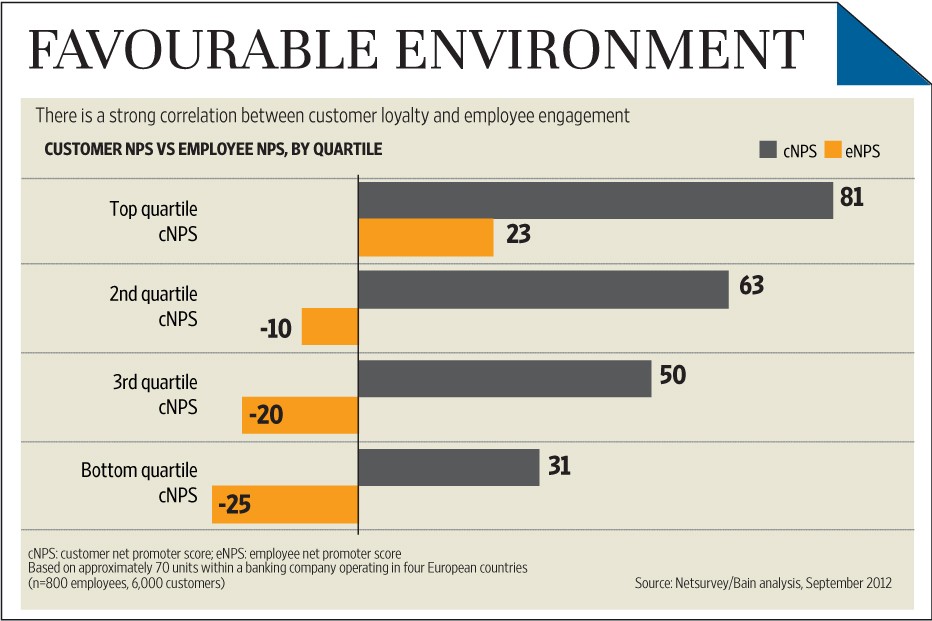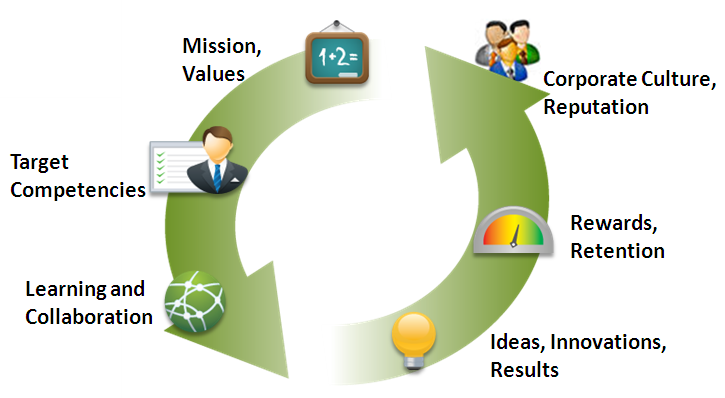HR managers should be leading the sustainability charge
Post on: 16 Март, 2015 No Comment

As Frank mentioned on Monday. the Society for Human Resource Management (SHRM) recently published Advancing Sustainability: HR’s role, a 108-page paper that summarized results of a number of surveys that they conducted.
I found the report interesting and valuable. While reading it, it became clear to me that although HR departments have a major role to play in improving the success of most companies, many HR departments have yet to step up and lead the charge. Why is this?
In our work with companies of all sizes, we have repeatedly witnessed surprising examples where HR was one of the last groups brought into strategic planning efforts. We regularly work to rectify this error by engaging HR representatives when tasked with strategic planning.
In addition, we think a big opportunity is being missed for ensuring the success of organizations if HR teams are not involved in advancing sustainability. After all, sustainability is mostly about culture change, corporate strategy, organization effectiveness, and human capital development – all arenas where HR should be playing.
Furthermore, we have found that HR is best suited to illustrating the value of sustainability to C-level executives. This is because almost all sustainability initiatives result from empowering the staff, and HR is in the best position to do that. In turn, sustainability holds a sweet spot for HR — opening boardroom doors.
According to a SHRM Special Expertise Panel Forum. which explored sustainability initiatives in corporate America, the top five positive outcomes from sustainability initiatives were:
- Improved employee morale
- More efficient business processes
- Stronger public image
- Increased employee loyalty
- Increased brand recognition

Lip service or a sea change?
We have found that most companies initially embrace “sustainability” to reduce energy and waste costs and to have a process for managing environmental and stakeholder issues. Often task forces are set up to pursue specific goals such as reducing energy use by switching lighting, turning off computers, reducing waste streams, and investing in more efficient equipment.
These actions may represent accomplishments, but opportunities for potential greater benefits are frequently squandered when the actions are taken in an ad hoc fashion. We have seen organizations become much more effective by systematically training all employees and creating a sustainability management plan for embedding best practices. In many cases, employees can be empowered by creating green teams in various divisions and bringing the champions from each division into a corporate-wide sustainability team. Engaging these people and celebrating their successes does a great deal for corporate moral in addition to all the cost savings and improvements made in operational processes. Good employees want to have a say in the success of their firms. It is time to create systems that inspire and capture the best ideas at all levels and gets them funded.
We have also found that a culture of sustainability results in more than just cost savings and greater operational efficiency. Employees end up designing better, longer-lasting products, find ways to reduce supply chain risks, and where these successes are celebrated, enhance corporate reputations.
And finally, it has been our experience that about half of the benefits derived from adopting a sustainability plan come from behavior change. Yes, the other half may require investments in new equipment and processes, but why not start with training and inspiring the staff?














